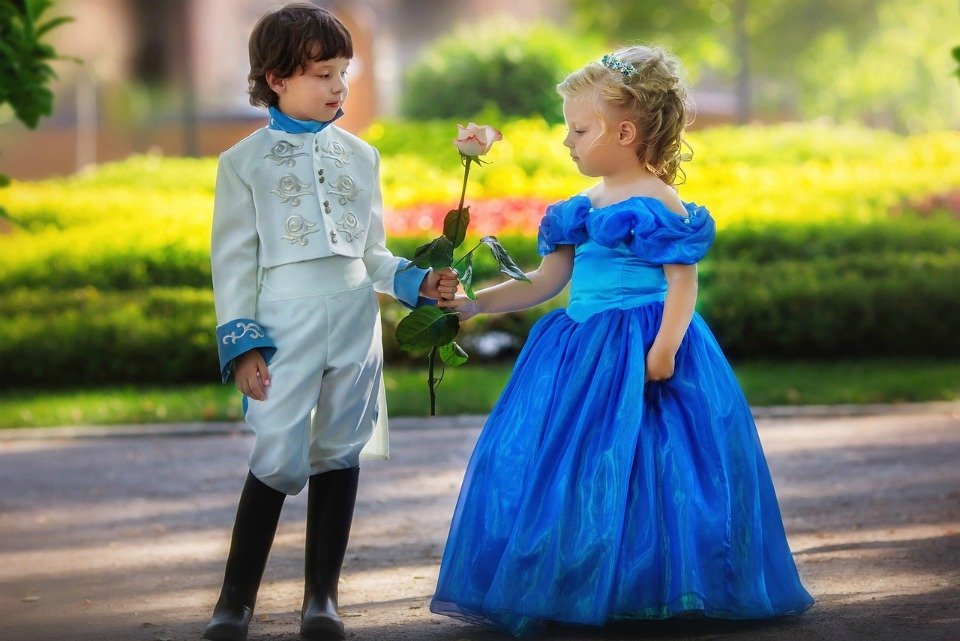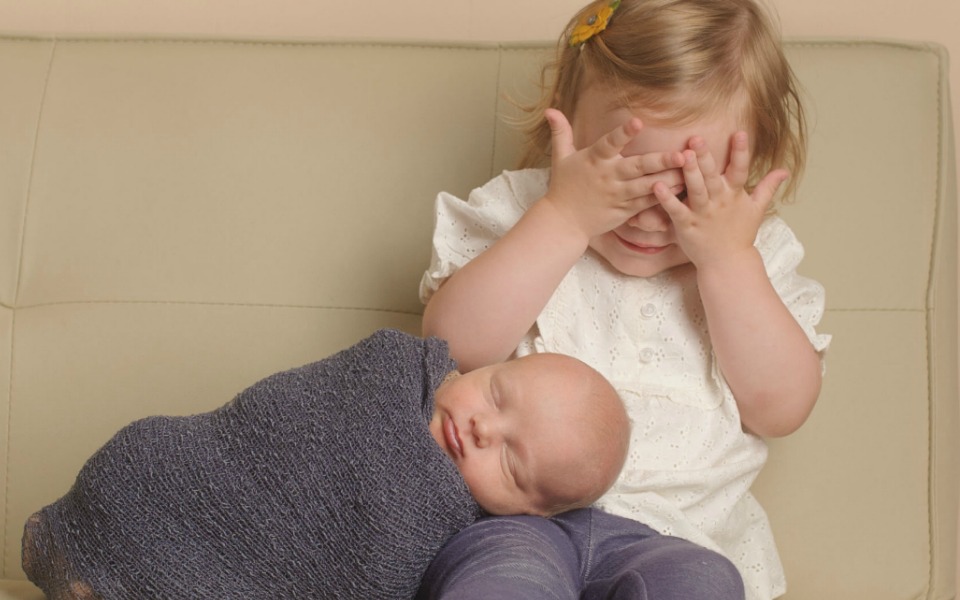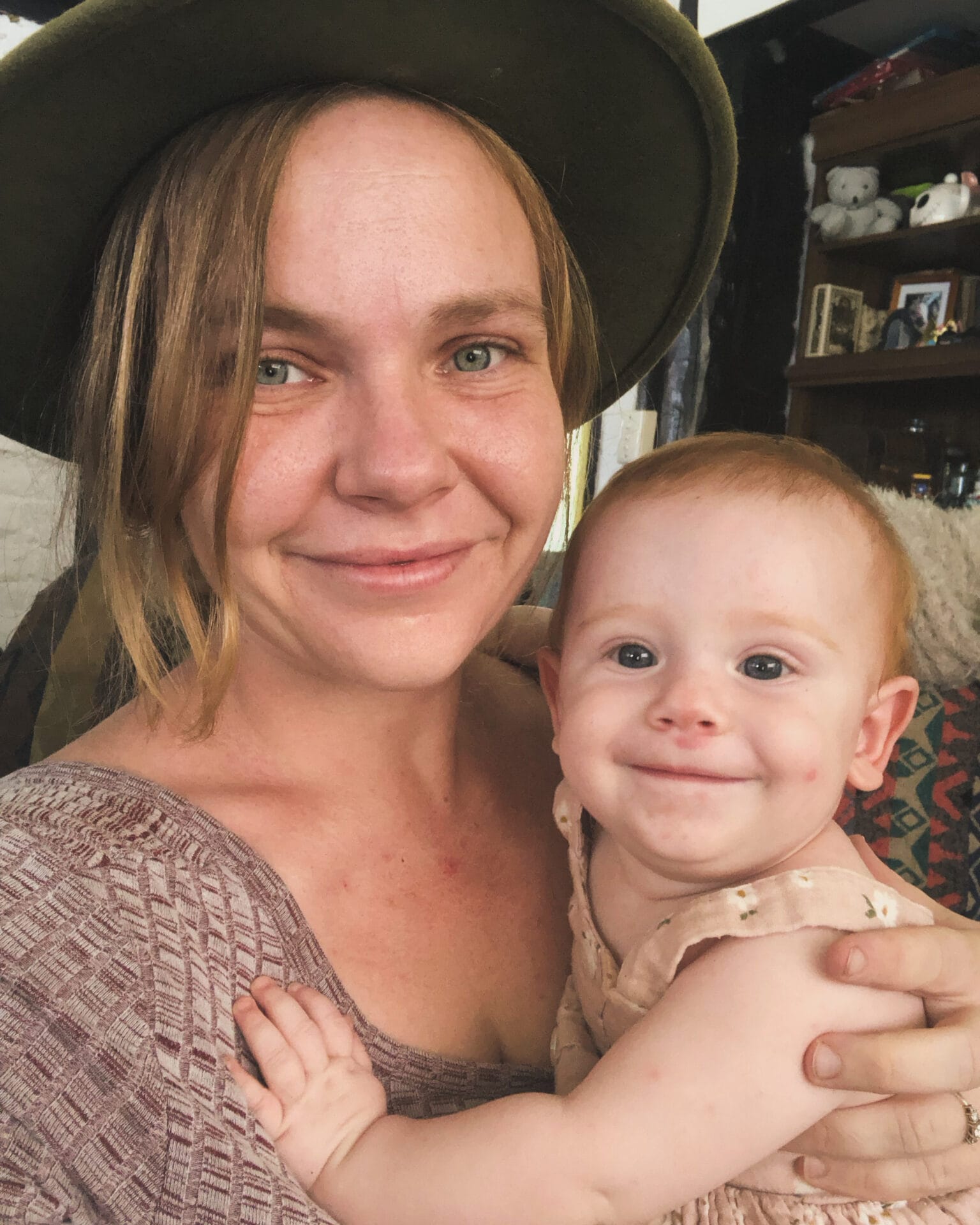Mums are more gender biased than dads, new study finds
In the past, the attitude was that boys don’t cry and girls don’t get angry.
And while these stereotypes may seem a little outdated outdated now, a new study has found many parents are actually gender-biased.
Researchers at the University of Guelph found that mums are more so than dads – and most don’t even realise it!

Mums tend to be more gender biased than dads are, new study finds
The study, which was published in the Canadian Journal of Behavioural Science, involved nearly 600 parents of children between the ages of eight and 12.
Experts found mums are more accepting of daughters showing sadness and sons showing anger, and they can sometimes encourage or discourage their child’s expressions.

According to lead author Kristel Thomassin, the attitude that boys shouldn’t cry is being perpetuated by mothers more than fathers.
“We found that on an implicit level, moms tend to show a bias, and this bias considers girls expressing these emotions to be more favourable than boys expressing the same emotions,” she said.
“Fathers showed no such preference, suggesting that fathers lacked this implicit bias related to the expression of the two emotions.”
Thomassin and her team found that children continue to be influenced by the behaviour of their parents.

“We hear these gender-related stereotypes, such as boys shouldn’t cry or it’s not lady-like for a girl to express anger,” she added.
“Children’s emotional development, and their understanding of rules about emotion, is vitally important because how we learn to manage emotional experiences directly contributes to our mental well-being.
“In contemporary Western society, there is the attitude that every child should experience the full spectrum of emotions, so long as they know how to deal with them.
“But deeply embedded, socially constructed beliefs may undermine that ideal.”
Professor Thomassin says parents should stop and think hard about how they can break down those outdated views.
“If you know that those attitudes exist, you can activate your own thought process and examine whether you are, for example, punishing your child for expressing sadness because those are the messages you heard from your parents, movies or other sources,” she adds.
“You can ask yourself, ‘Is it consistent with what I want to be teaching my child?’”
Are you ready to become a Healthy Mummy?

Our Challenge is designed by mums FOR MUMS – to help them reach their goal weight and tackle their health and fitness.
The Challenge is home to customisable meal plans, 24/7 social support and realistic exercises mums can do AT HOME.
To find out more on the 28 Day Weight Loss Challenge click here.









